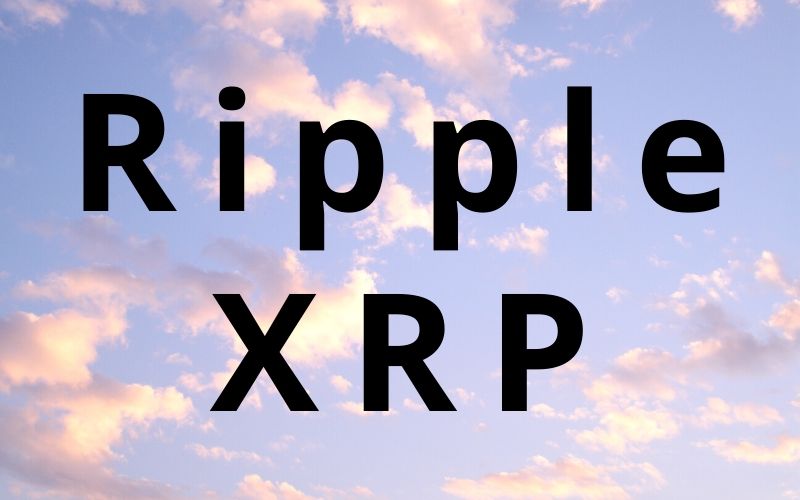Brad Garlinghouse, the CEO of the cross-border payment firm Ripple, stated that the startup is considering moving its headquarters to the United Kingdom.
In a recent interview with CNBC, Garlinghouse pointed out that there is a possibility for Ripple to move to the region because the UK Financial Conduct Authority (FCA) specifically names XRP as a digital asset in line with its regulatory parameter.
The Ripple CEO is specifically referring to a press release that was published by the agency in July 2019, which referenced XRP and the efforts of the agency to make sure companies know what to do in order to remain compliant with regulations.
In the interview, Garlinghouse acknowledged the leadership the FCA has displayed, which he thinks is beginning to change the orientation of the financial community about the fourth-largest cryptocurrency XRP and digital currencies alike.
Read Also: Brad Garlinghouse Clarifies Decisions under Consideration Regarding Ripple’s Future
Brad Garlinghouse noted:
“The outcome of that was clarity that XRP is not a security and is used as a currency. With that clarity, it would be advantageous for Ripple to operate in the UK.”
Ripple’s Plan to Leave the United States
Over the past weeks, Ripple has been reiterating its possible move away from the United States. The major reason the payment startup has been citing is a hostile regulatory environment.
Considering the proper attention that the UK is giving to crypto-assets, Garlinghouse thinks it is high time the U.S. started reviewing and updating its regulatory policies in order to avoid lagging behind in the global market.
There are times Ripple tried to describe the UK and other countries that likely have clear and precise regulatory frameworks in a good light. Sometimes in September, the payment startup published a blog post that mentioned the steps the FCA is taking to make its regulatory framework conducive for the development of blockchain technology and crypto-assets.
The blog post reads in part as follows:
“Specifically, the FCA classifies digital assets as one of three types of tokens: exchange, utility and security. These classifications are critical because they define the use cases for each type of token. For example, XRP is classified as an exchange token because of its role in facilitating cross border transactions.
“By issuing these classifications, the FCA makes it clear to companies which digital assets fall inside its ‘regulatory perimeter.’ Put another way, the FCA has demonstrated which types of tokens will be regulated as securities and which will not.
“The FCA has also made the framework flexible to account for evolutions in technology because it acknowledges that digital assets can move between classifications over time.”
Join us on Twitter
Join us on Telegram
Join us on Facebook
